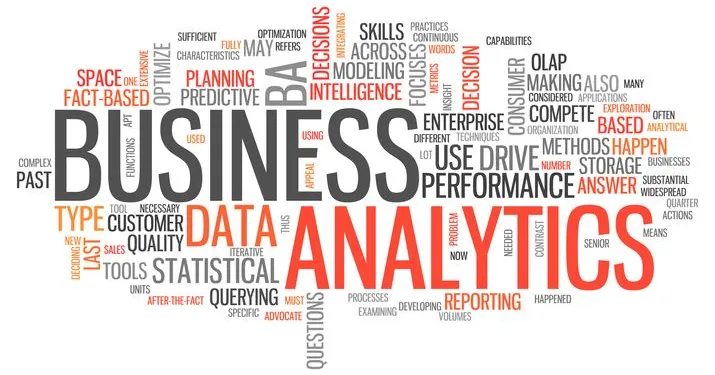If you are looking to fill in for the gaps in the technology industry where others are failing, this is your chance to make the most out of business analytics courses designed for cyber security professionals. Believe it or not, it is impossible to build an organization without analytics today. Analytics applications are ruling the technology market and some departments are heading into the future with a lot more muscle and arsenal behind them compared to others. But somehow, IT security, Networking, and Cloud management teams are lagging behind in security analytics. And, this is hampering the progress of many companies that use Big Data, AI, Business Analytics, and Cloud computing for their various business processes.
Why are we seeing a sudden demand for cybersecurity analytics executives in 2022?
The online business models are going through a very rough patch. According to the latest research, 97% of the global online businesses that do business transactions through their websites have 50x greater risks from getting targeted by cybercriminals and spoofing vectors. We are witnessing a very different and difficult scenario in security management where cases of data thefts, data leaks, ransomware attacks, hacking and cyber frauds have exploded, especially during the pandemic where a majority of global and local businesses moved to remote working with little or no preparedness against cyber attackers. That invariably has left a huge gap between existing infrastructure and preferred models needed to build a secured IT infrastructure to protect online businesses, especially those that collect, store, and use a large volume of data.
What does a security analytics professional do?
In order to understand what security analytics professionals do for their organizations, it is important to define the scope and nature of the technologies and applications involved in security analysis.
The primary role of a security analyst is to understand and assess the changing needs of the business from an existing and evolving security trend.
According to a leading cyber security journal covering for IT, Data management, and Cloud business, security analysis is defined as the scientific application of software engineering, Machine learning development, IT infrastructure / database management, and analytics, that are developed, deployed, managed, and upgraded to meet the sole objective of identifying, preventing, securing, and assessing potential forms of threats and risks that arise during IT operations. These operations could be happening at an individual level, team level, or enterprise level, on-site or off-site, or in a virtual / serverless IT environment.
When teams move to the virtual environment, the data integration and ingestion processes become so much more complex. If there is no compliance in place, it could lead to security infringements, leading to loss of data, or worst, blocking of IT systems by hackers. Security incidents are a huge dent on business reputation, not to forget, these also cost business owners billions of dollars in loss of customer data, penalties, bug bounties, and ransoms paid to different types of attackers.
Therefore, every company is looking out for skilled IT security and cyber security analysts who can bring their expertise in strategic management levels, ensuring a greater level of safety in handling sensitive data and information. As per trends, the rise of data officers, chief information officers (CIOs), and chief privacy officers is almost at par with the demand for data scientists. In fact, chief data scientists more often than not could be reporting to CIO who has a certified degree from reputed business analytics courses.
Typically, a security analyst would be accomplishing these tasks at the workplace:
- Send real-time alerts on connected IT devices, cloud connectors, and data servers;
- Monitor and upgrade IT security applications
- Analyze real-time data logs
- Integrate with third-party security tools
Typically, a trained business analyst can easily switch over to a career in cybersecurity. Irrespective of the team you report to, business analysis is all about using human intelligence and creativity while leveraging different data analytics tools, methods, and platforms. Whether you are analyzing marketing data, sales results, or IT incidents, you should have a keen eye for fundamental rules-based methods that can be combined with statistical analysis and machine learning. This amalgamation of skills can turn any business analyst into a complete package to take on growing demands for security professionals in high growth companies
Hackers are getting innovative, which means analysts have to upgrade further to cut the chase and win the race. Business analytics courses train professionals to do exactly that.












